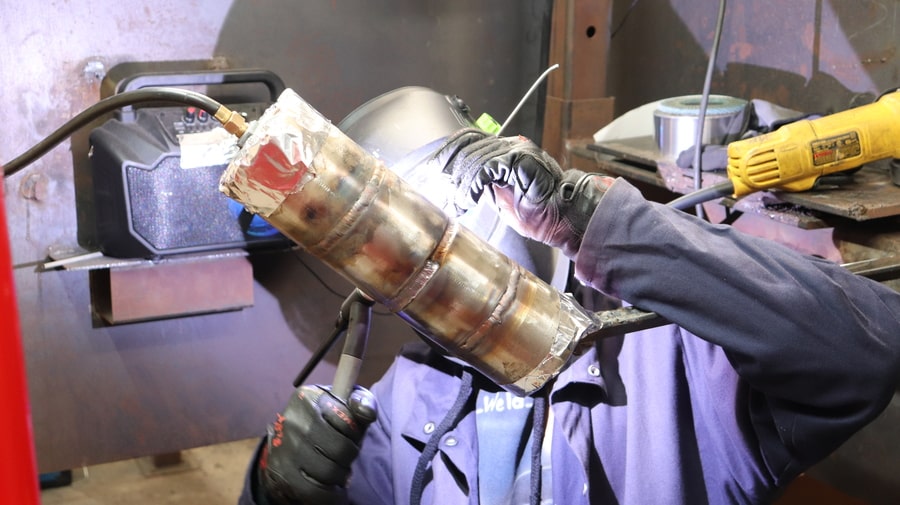Plumbers and Pipefitters are considered two different occupations, while many tradespeople are qualified in both the skills. Therefore, one can get trained as a plumber and PipeFitter through a single course like the Steam, Sprinkler, and Pipe Fitter Program from any Certified Training Institute.
Plumbers study blueprints, check pipe sizes, and install pipes wherever needed. One can get trained in a Plumbing Certification course from a well-known plumbing trade school.
Plumbers work on pipe systems with contractors to construct a new building. They install and maintain the whole pipe systems of a building, including water pipelines, gas pipelines, and waste disposal pipes in a residential or commercial building after the carpentry work is completed and before the concrete is poured.
Maintenance work
Plumbers also work in maintenance industries and residencies. For example, homeowners will call a plumber who detects the issues of the installed pipe system or faulty equipment in a building and fixes them, such as bathtubs, sinks, or toilets. The pipe could be carrying water, gas, or waste.
PipeFitter works for more significant industries with large pipes that carry oil or chemicals with high pressure. Pipe Fitter installs and maintains boilers, furnaces, air conditioners, and sprinkler systems.

Pipefitters install, repair, and maintain pipes carrying oils. Welding is an integral part of attaching pipes. A pipefitter job also comes with dangers, and they need to have experience working on the sites. However, with several job vacancies in the oil refineries, it comes with great pay.
Pipe Fitters are employed in the public department to repair heavy water lines/sewer lines by the local government.
The average mean wage for a pipefitter is $55,160 per year, and one can also get other benefits like healthcare and pension.
After working in industries, many plumbers start their own companies. You may have tremendous responsibilities when you become an owner, but if you have the right skill set to get the job done correctly and some management skills, you can do wonders with your company.
To have a great start in a career in any of these industries, one must get trained for plumber vocational training by attending any of the plumbing certification schools locally; one of the best plumbing schools in Philadelphia is Philadelphia Technician Training Institute. With our Steam, Sprinkler, and PipeFitter course, you can gain skills to become a Plumber and a Pipefitter.
Read More: